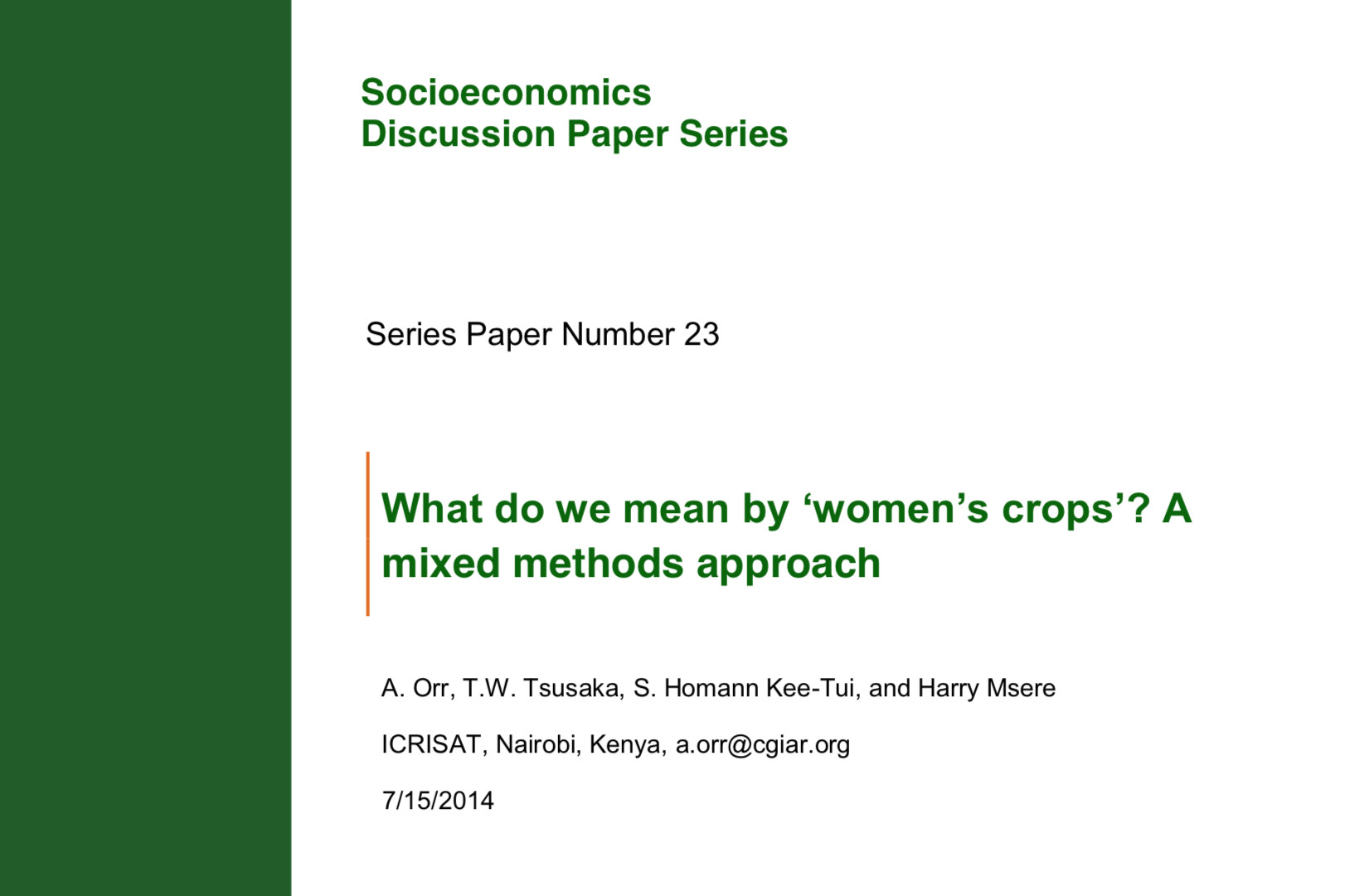
Langues disponibles :

Langues disponibles :
Daté : juillet 2014
Auteurs : Harry Msere , Alastair Orr , Sabine Homann-Kee Tui , Takuji W. Tsusaka
Part of the 'Socioeconomics Discussion Paper Series, published by ICRISAT.
Abstract
A ‘Women’s Crop Tool’ was developed to measure women’s control over decision-making for crop production, sales, and use of income. We tested the tool for groundnuts in Eastern Province, Zambia, using a mixed methods approach that involved Focus Group Discussions (FGDs) and a quantitative household survey. Women in FGDs reported higher levels of control than women in the household survey. We argue that the more extreme results from the FGDs are due to the nature of the research question over the ‘power to name’. FGDs provided a public space for a struggle over meaning that exposed latent conflicts over gender roles, gender identities, and the conjugal contract. Mechanization of groundnut shelling has increased male participation in this activity. We used Propensity Score Matching (PSM) to determine whether the introduction of shelling machines reduced women’s control over groundnuts, as measured by the weighted women’s gender control index (WGCI), constructed by aggregating the scores obtained from the Women’s Crop Tool. Results showed that the shelling machine significantly increased the women’s WGCI, while the area planted to groundnuts and the volume of groundnut sales had no significant effect on the women’s WGCI. Contrary to the conventional wisdom, therefore, the commercialization of groundnuts has not reduced women’s control over groundnuts, while women perceived that the introduction of the machine sheller had increased their control over decision-making.
Note: This resource was added to this database as part of a migration of resources from the now defunct CCRP Sphaera platform, and is still awaiting a comprehensive review and quality check.
Les éléments individuels de la collection sont listés ci-dessous. Cliquez sur l’un d’eux pour télécharger le fichier ou accéder à l’URL externe. Vous pouvez télécharger l’ensemble complet ci-dessous sous forme de fichier .zip.
http://oar.icrisat.org/8331/
http://oar.icrisat.org/8331/
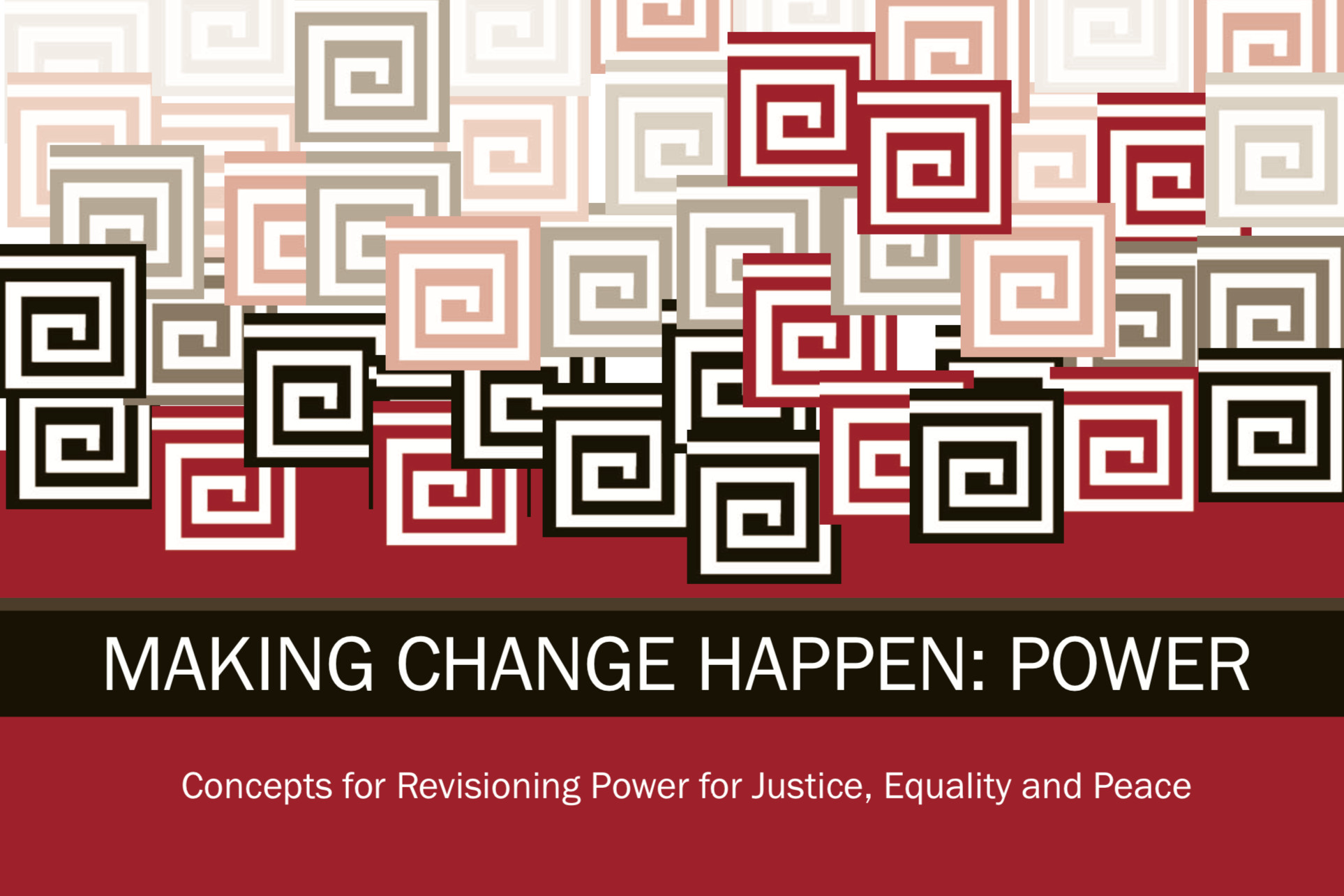
Article scientifique
Making Change Happen 3: Concepts for Revisioning Power for Justice, Equality and Peace
Making Change Happen is a series of short publications about the strategies and ideas shaping social justice...
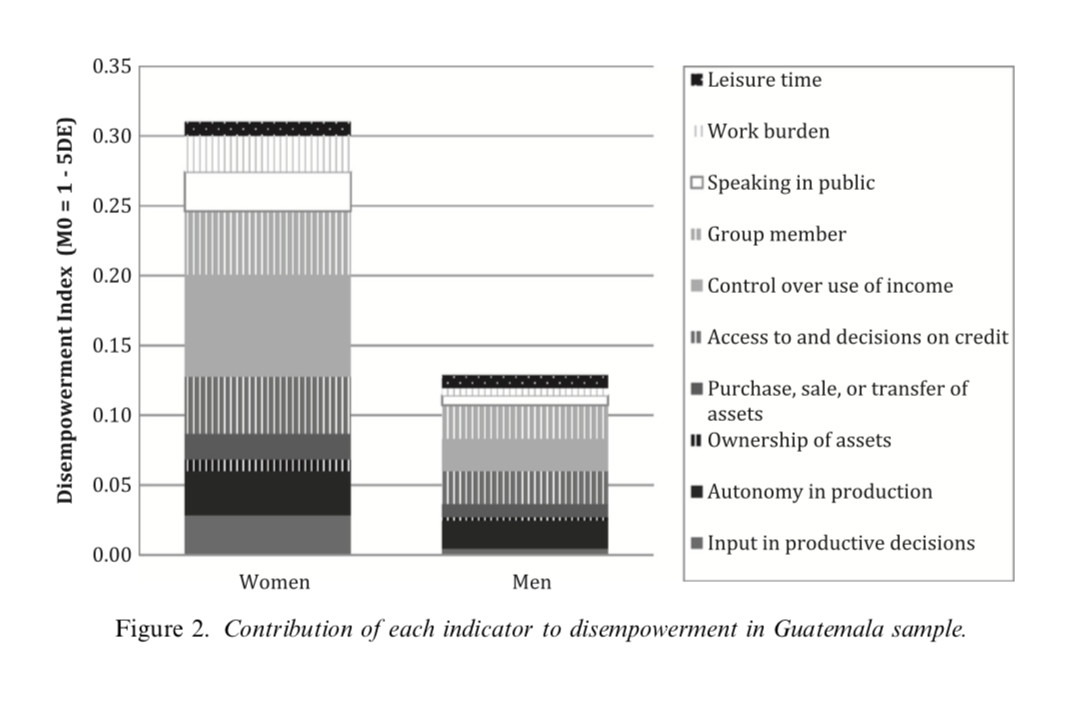
Article scientifique
The Women’s Empowerment in Agriculture Index
Article published in World Development Vol. 52, pp. 71–91, 2013Summary:...
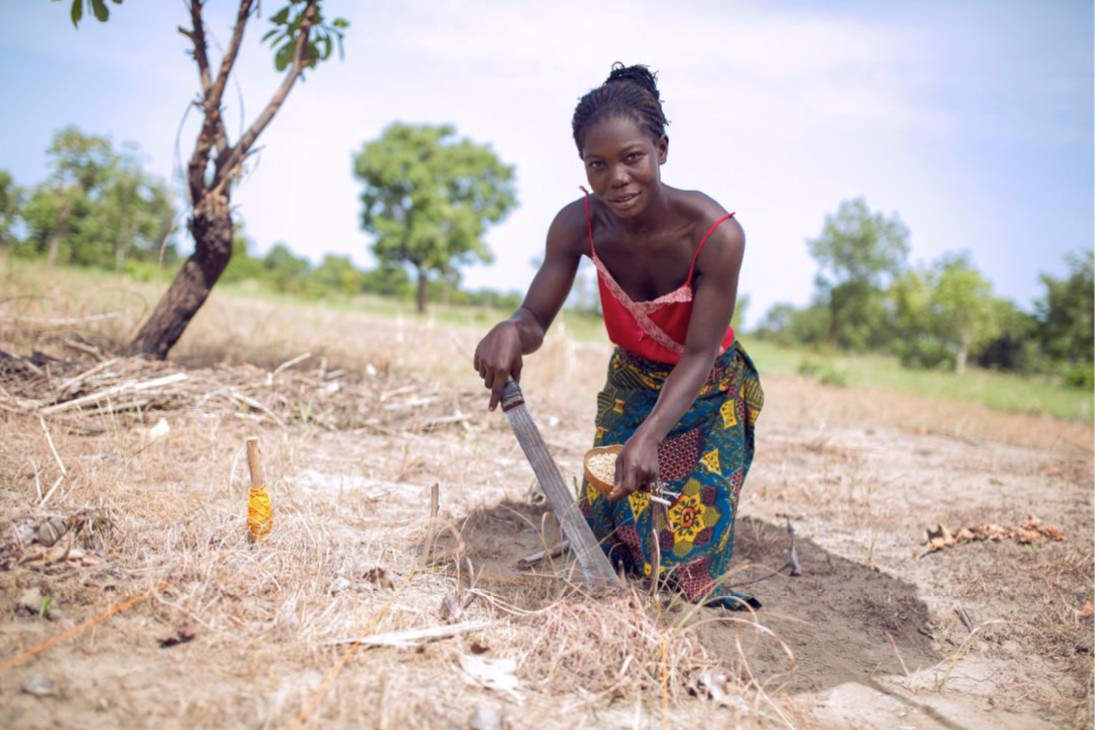
Annotated Bibliography of Gender in Agriculture
An annotated bibliography, produced by the International Institute of Tropical Agriculture, containing selecte...
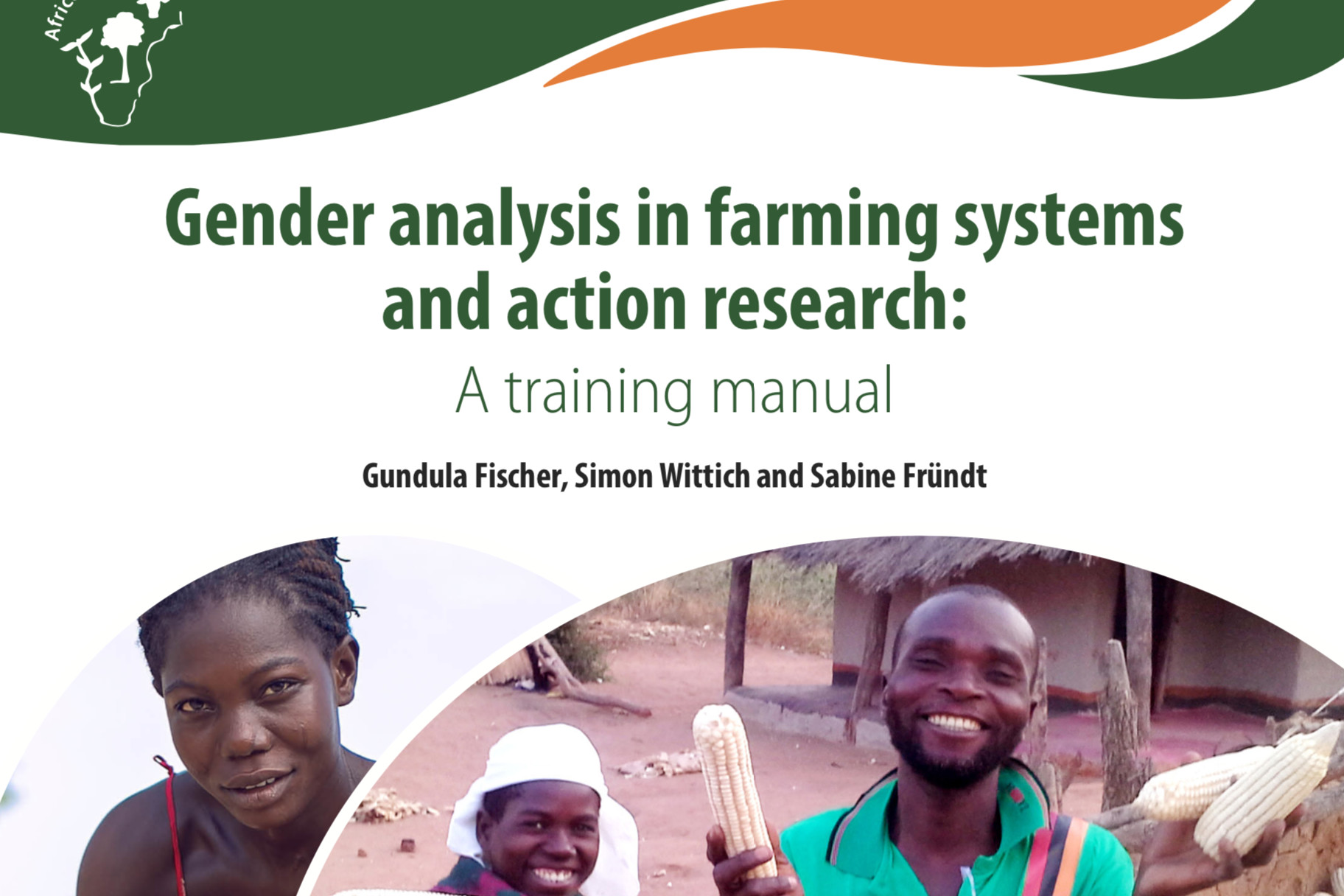
Guide
Gender analysis in farming systems and action research: A training manual
A gender analysis training manual, developed for Africa RISING, a USAID funded research-for-development (R4D)...
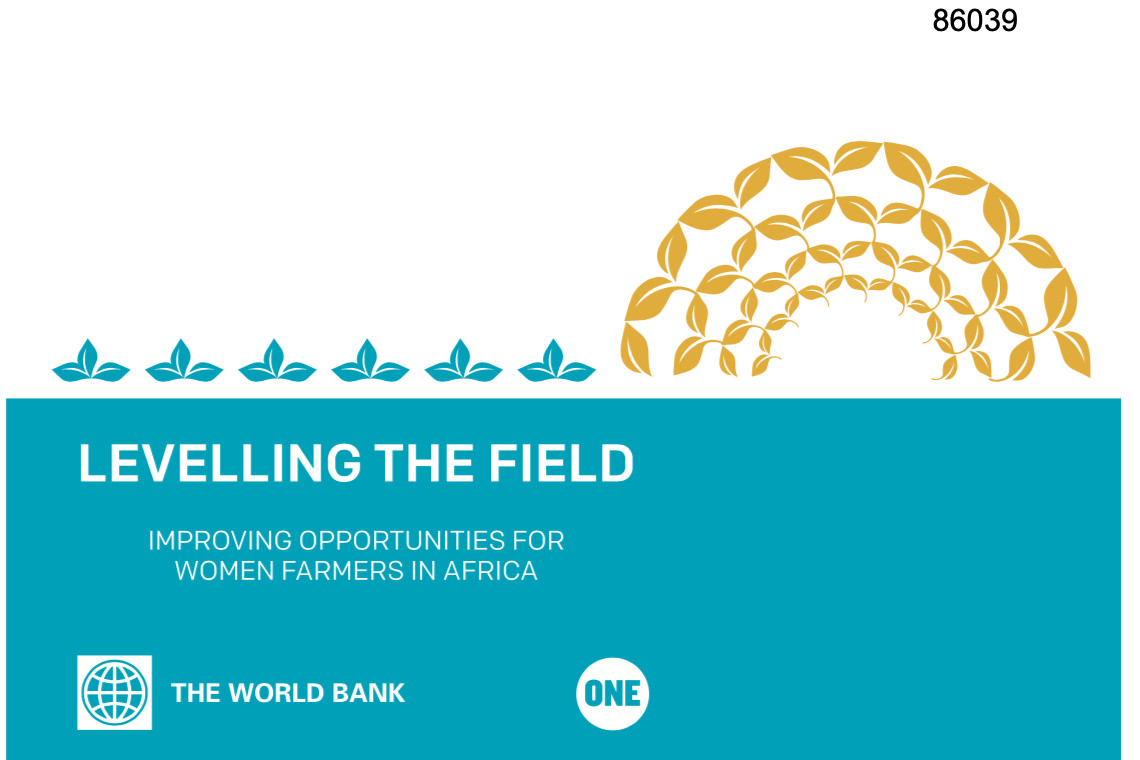
Levelling the Field: Improving Opportunities for Women Farmers in Africa
Extract from Introduction:This report, “Levelling the Field: Improving Opportunities for Wom...
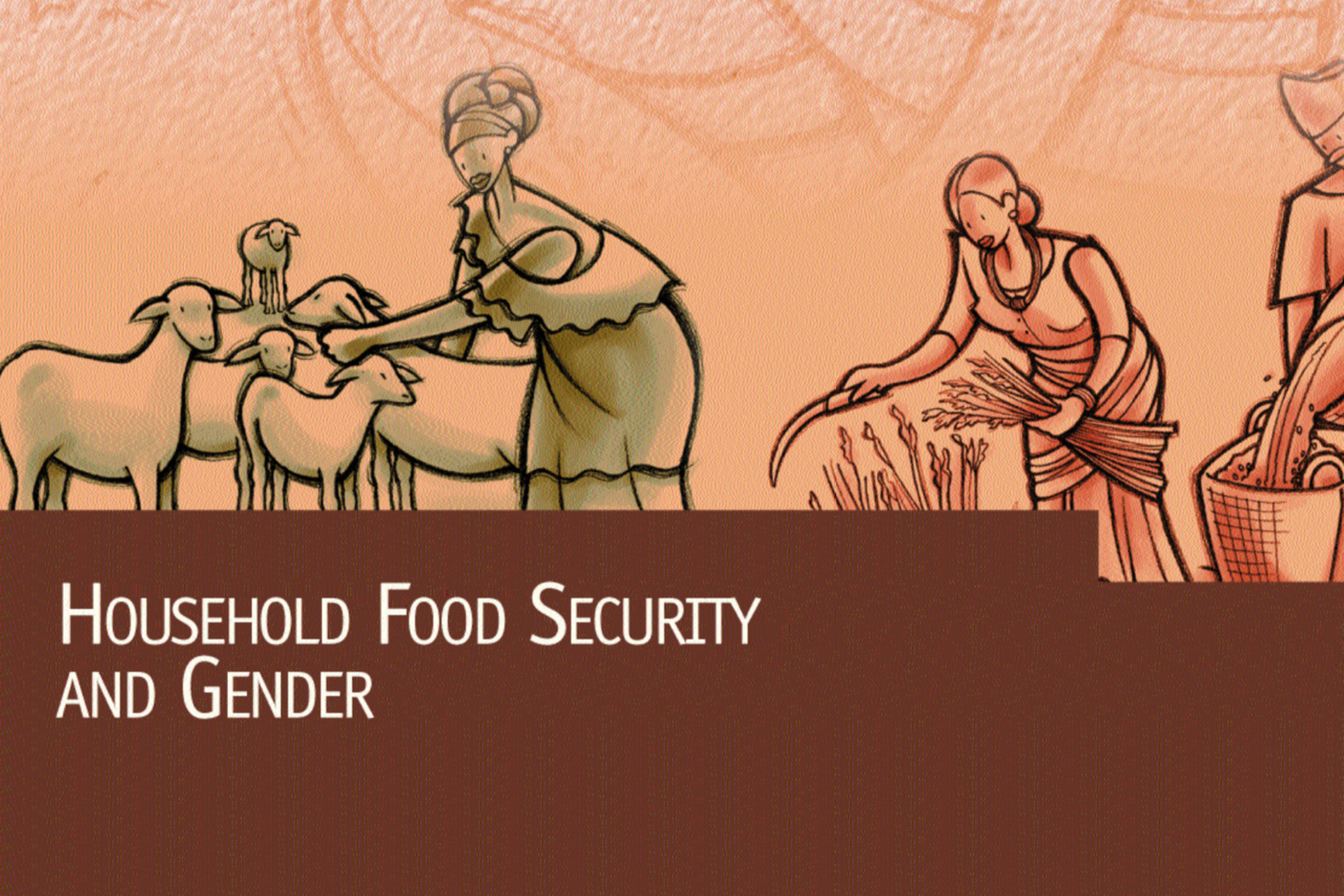
Guide
Household Food Security and Gender
A document created by the International Fund for Agricultural Development (IFAD) which provides guidance for t...
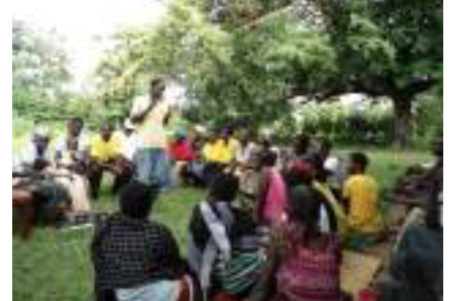
Étude de cas
Case Study: Empowering Women in the Oilseeds Business: The Case of Pkwi Women's Cooperative
A case study of a women's farmer cooperative founded in Uganda to provide social and econom...
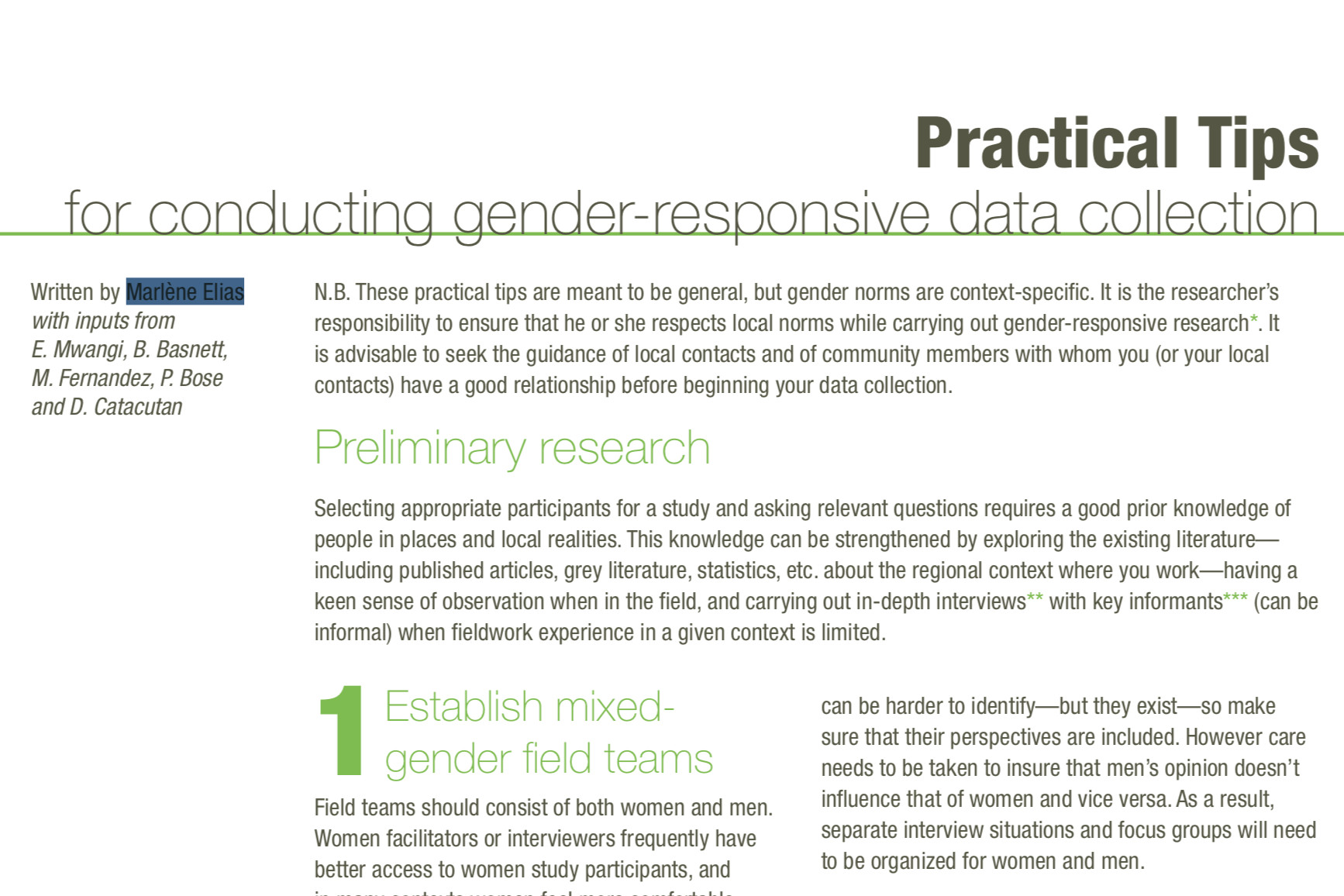
Guide
Practical Tips for conducting gender-responsive data collection
A factsheet produced by Biodiversity International as part of the CGIAR Research Program on ‘Forests, Trees an...
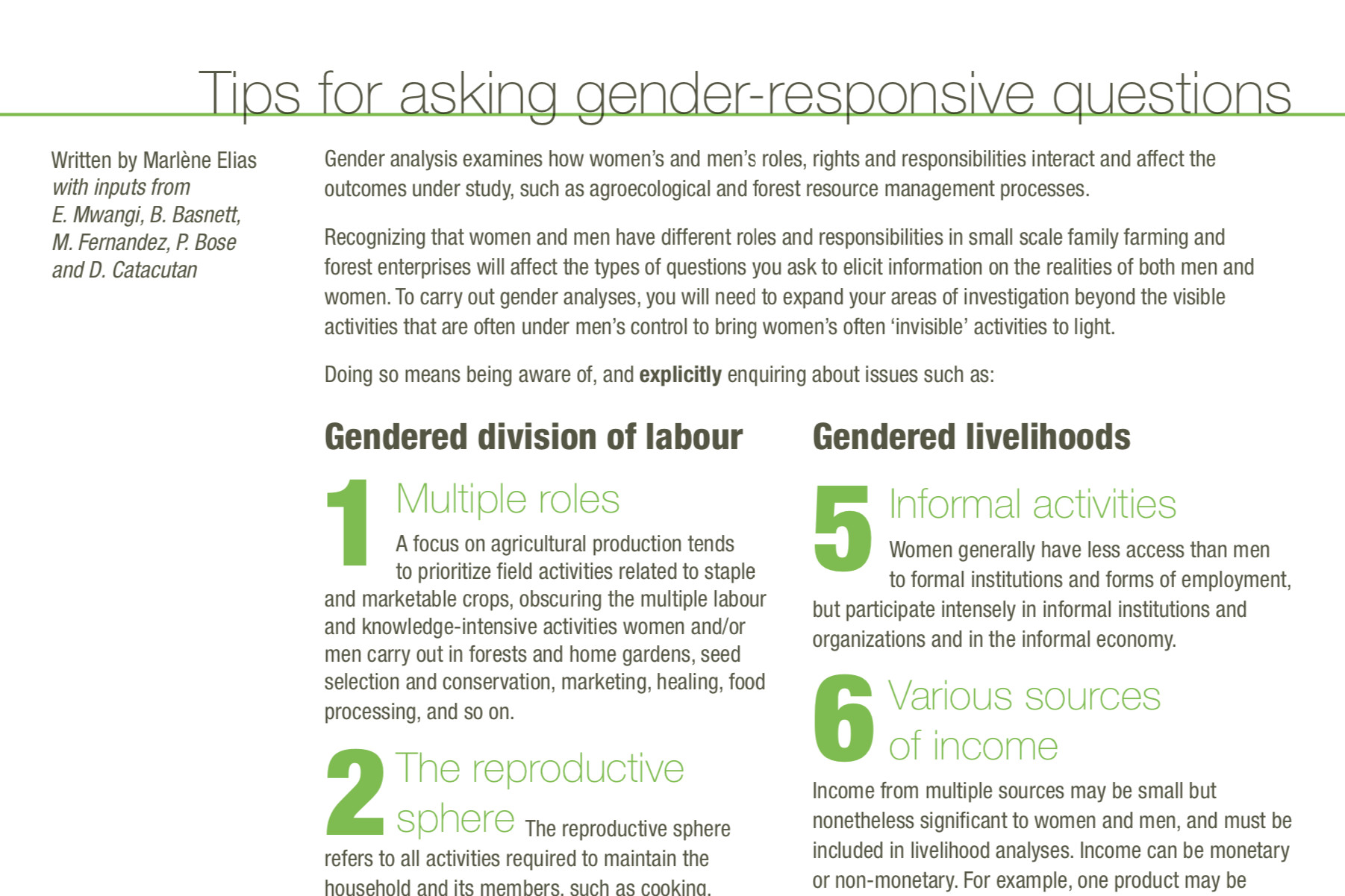
Guide
Tips for asking gender-responsive questions
A factsheet produced by Biodiversity International as part of the CGIAR Research Program on ‘Forests, Trees...